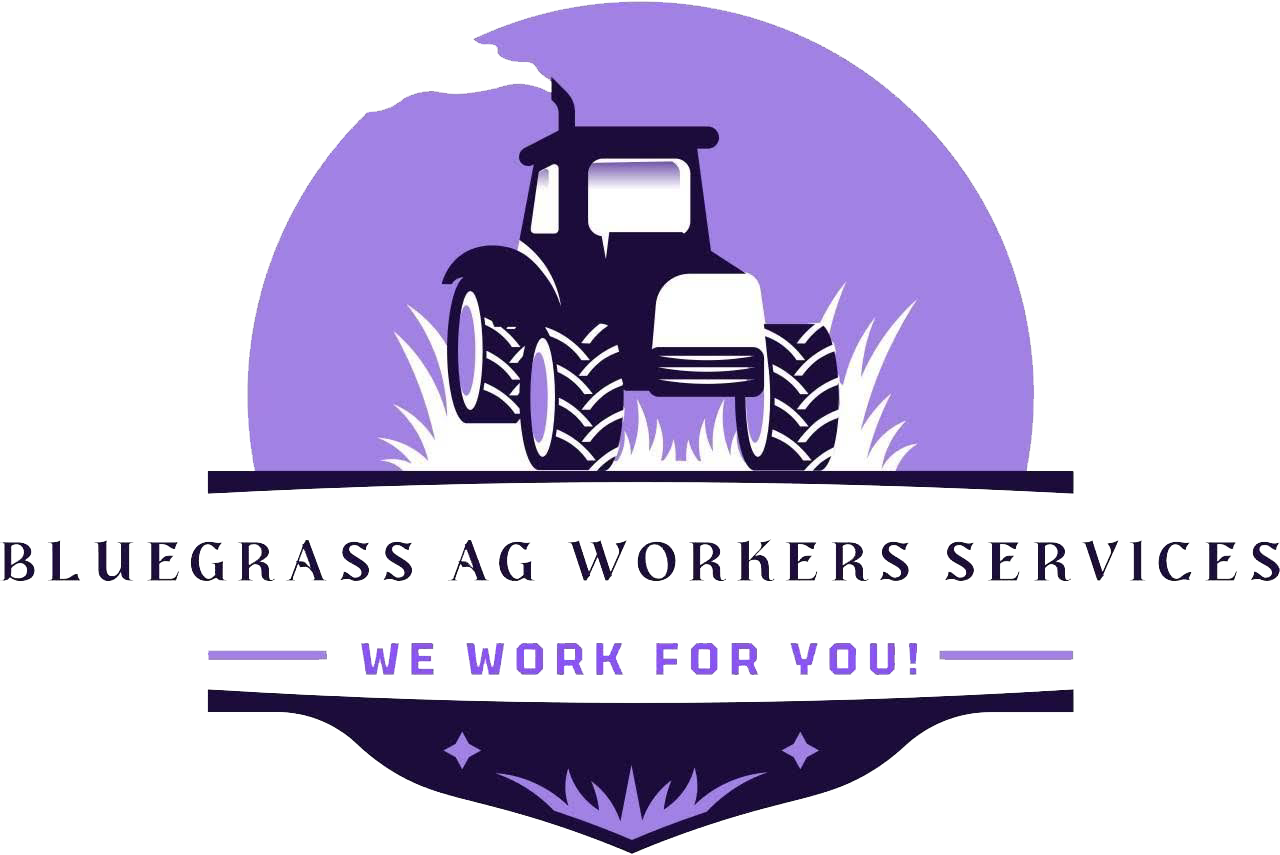

H-2A employers must either provide each worker with three meals per day or must furnish free and convenient cooking and kitchen facilities to the workers that will enable the workers to prepare their own meals. Where the employer provides the meals, the job offer and work contract must state the charge, if any, to the worker for such meals. The maximum allowable daily meal charge changes annually based on the Consumer Price Index and is published in the Federal Register when the new Adverse Effect Wage Rate (AEWR) is published. Employers may deduct the meal charge only if this charge was previously disclosed in the job order. In addition, any meal charge may not exceed the actual expense of providing the meals.
The employer must pay the worker for reasonable costs incurred by the worker for transportation and
daily subsistence from the place from which the worker has come to work for the employer, whether in the
U.S. or abroad to the place of employment at the beginning of the season. If the worker completes the
work contract period, or if the employee is terminated without cause, and the worker has no immediate
subsequent H-2A employment, the employer must provide or pay for the worker's transportation and daily
subsistence from the place of employment to the place from which the worker, disregarding intervening
employment, departed to work for the employer.
Employer agrees to provide transportation between housing provided or secured by the employer and the
employer’s worksite(s) at no cost to the worker.
The employer must also provide transportation to town so that the workers can obtain groceries, go to
the bank, etc. at least once a week.
Employer agrees to provide workers' compensation insurance coverage in compliance with State law covering injury and disease arising out of and in the course of the worker's employment.